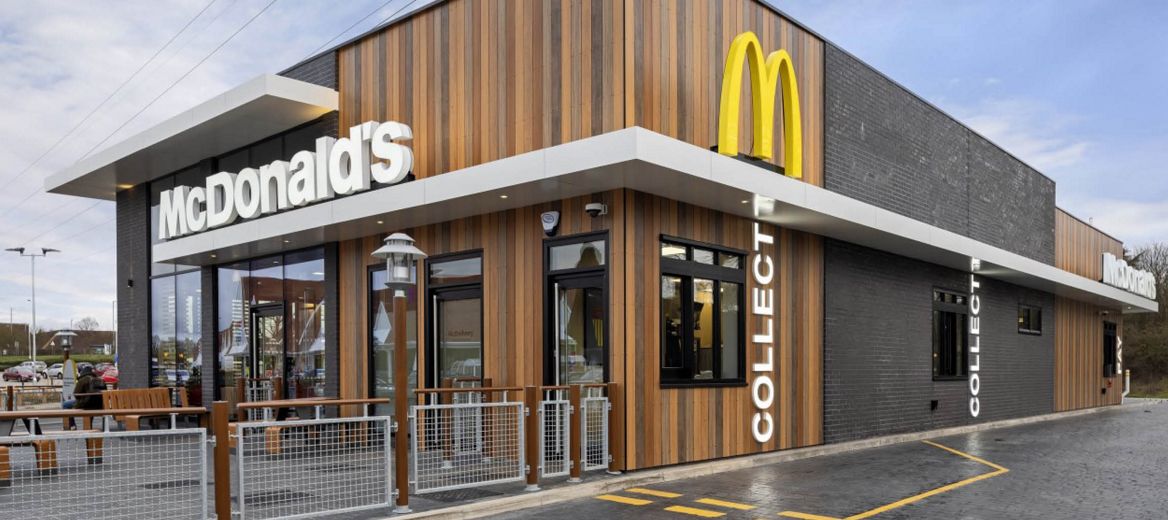A shocking investigation by the BBC has revealed how McDonald’s and several major UK supermarkets failed to detect blatant signs of modern slavery for more than four years, allowing a Czech human trafficking gang to exploit vulnerable victims. Sixteen individuals from the Czech Republic were trafficked and forced to work at a McDonald’s branch in Cambridgeshire and a pitta bread factory that supplied products to top retailers, including Tesco, Asda, Waitrose, Sainsbury’s, and M&S.
The victims, many of whom had been homeless or struggling with addiction, were coerced into working for minimal wages, most of which were stolen by the traffickers. Despite working up to 100 hours a week, the victims lived in squalid conditions, including overcrowded, unsanitary accommodation such as a leaking shed and an unheated caravan. The gang behind the exploitation funneled the victims’ wages into their own bank accounts, using the stolen money to finance a lavish lifestyle that included luxury cars, gold jewelry, and property abroad.
Investigations by Cambridgeshire Police, in coordination with Czech authorities, uncovered that the gang members completed job applications on behalf of the victims and even attended job interviews as translators. Despite these obvious red flags, neither McDonald’s nor the supermarkets detected the abuse, allowing the exploitation to continue for years. In total, nine victims worked at the McDonald’s in Caxton, while another nine were employed at the bakery’s sites in Hertfordshire and Tottenham.
The slavery operation came to an end in 2019 when some victims managed to contact police in the Czech Republic, who then informed their UK counterparts. Six members of the family-run gang were convicted after two criminal trials, which had been delayed due to the pandemic. Dame Sara Thornton, the former anti-slavery commissioner, criticized the failure of businesses involved, stating that there were multiple missed opportunities to protect these vulnerable workers.
McDonald’s UK has acknowledged the severity of the case, expressing regret over the missed signs of abuse. The fast-food giant has since commissioned an independent review and implemented new procedures to identify and prevent forced labor, including monitoring for shared bank accounts and excessive working hours. Similarly, the supermarkets involved have promised to strengthen their due diligence processes. Tesco and Waitrose, for instance, ceased using the pitta bread supplier after concerns about working conditions were raised.
Despite these pledges, critics argue that the damage has already been done, with many questioning the effectiveness of the Modern Slavery Act. Former Prime Minister Theresa May, who introduced the act in 2015, stated that the case demonstrates how large corporations have failed to take sufficient action to monitor their supply chains. She emphasized the need for stricter enforcement and greater corporate responsibility in preventing human trafficking and forced labor.
While the trafficking gang has now been brought to justice, the victims continue to deal with the aftermath of their exploitation. For many, their experiences have left deep psychological scars, and the failure of businesses to protect them remains a sobering reminder of the ongoing prevalence of modern slavery in the UK.









